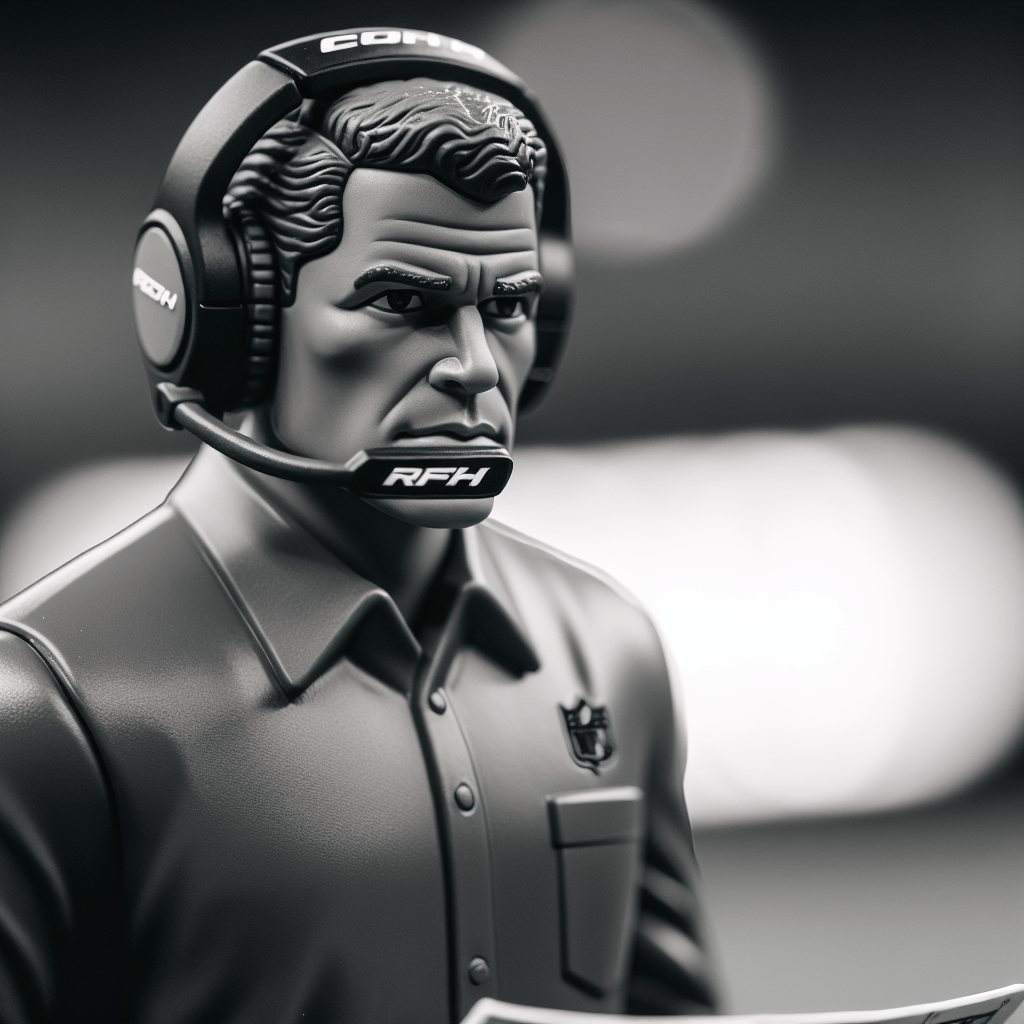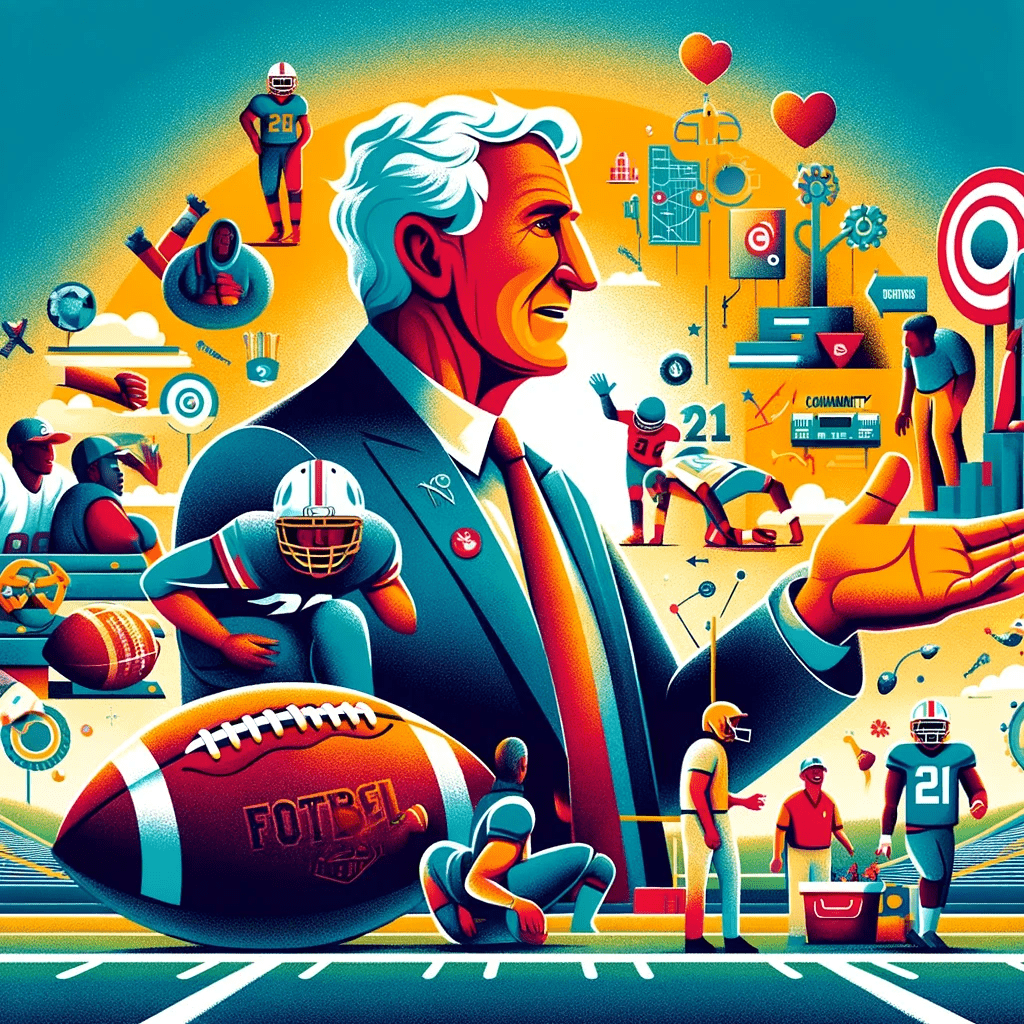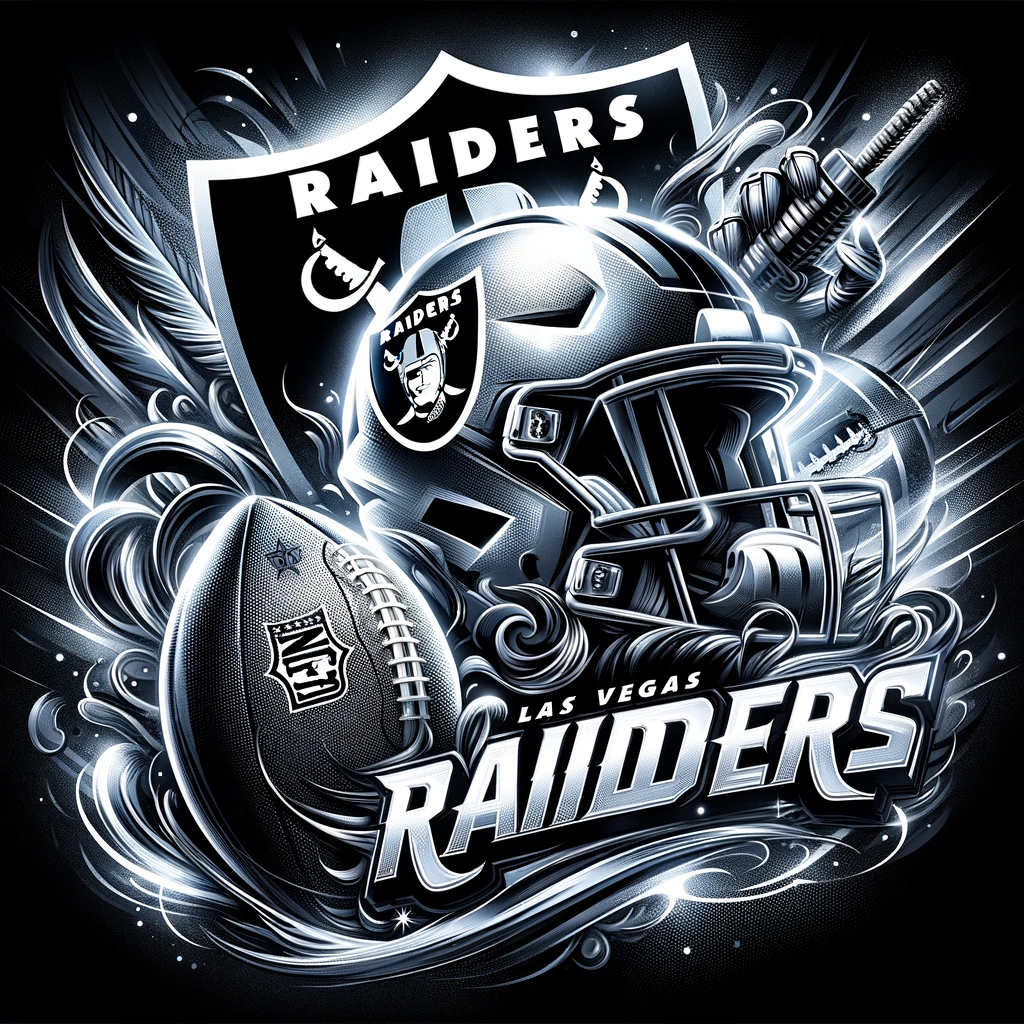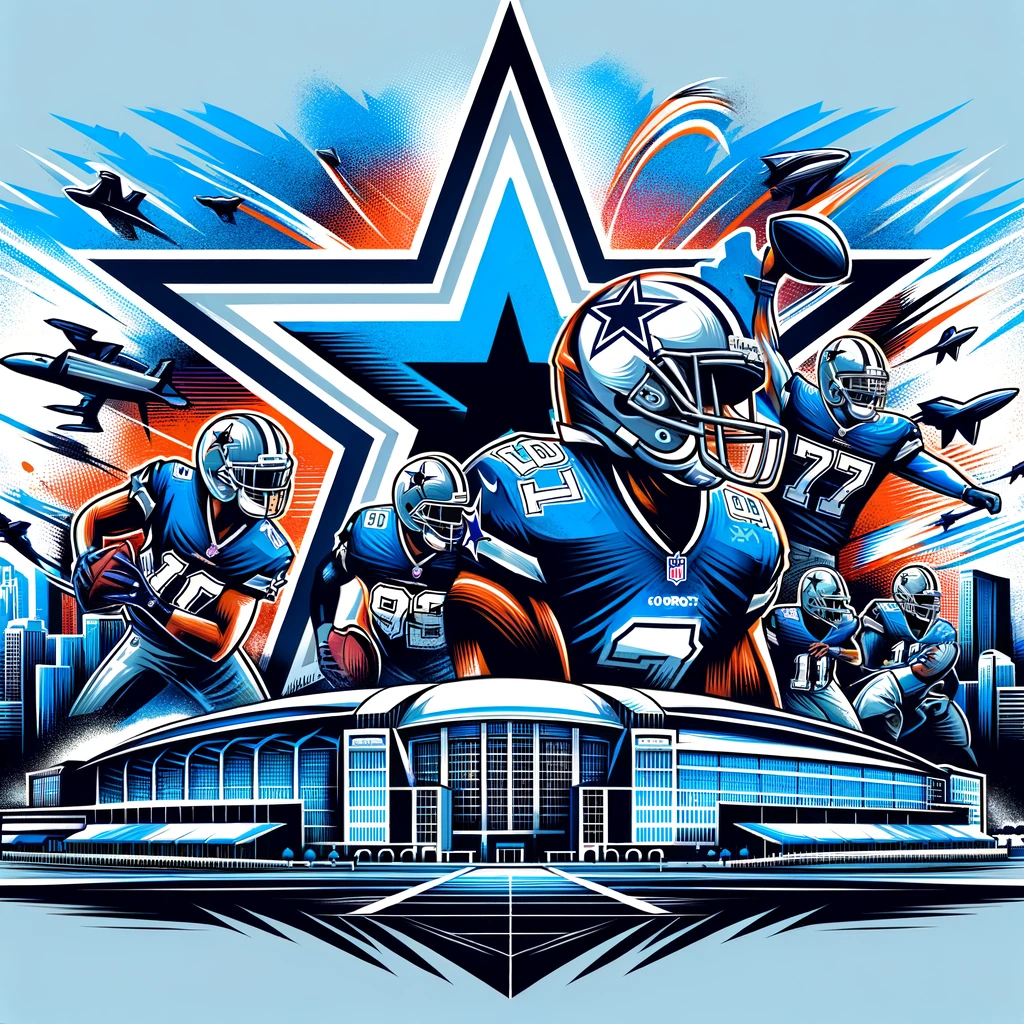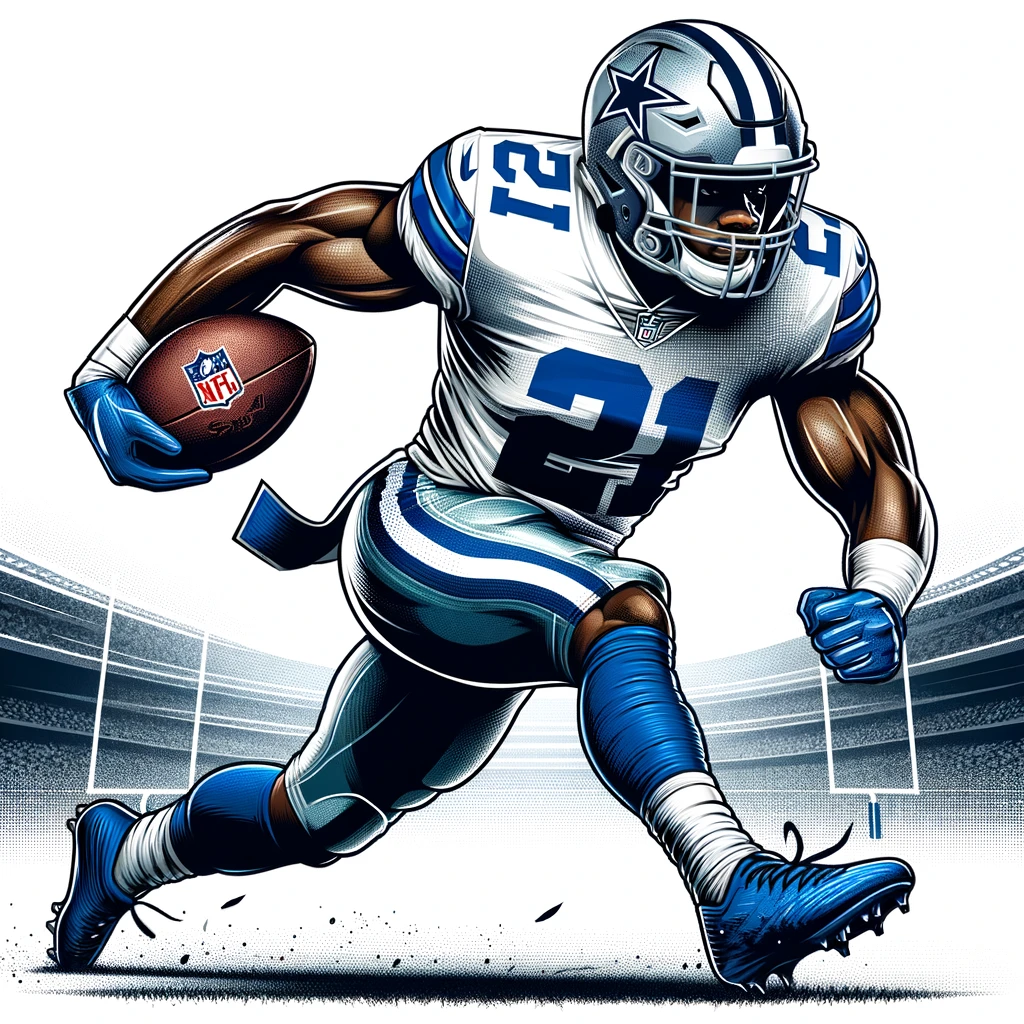The Road to the 2024 Super Bowl: Teams on the Path to Gridiron Glory
As autumn leaves give way to the biting chill of winter, football fans’ thoughts inevitably turn to the highlight of the NFL season: the Super Bowl. Teams in both the American Football Conference (AFC) and the National Football Conference (NFC) vie for dominance throughout a grueling season with hopes of reaching the pinnacle event of American football – the Super Bowl, set for 2024.
Contenders Gearing Up for Victory
At this juncture of the season, several teams across both conferences appear better positioned to stake their claim on the path to Super Bowl glory. Typically, teams with strong regular-season records, fewer injuries, and hot streaks in winning are viewed as prime contenders.
In the AFC, perennial powerhouses such as the Kansas City Chiefs and Baltimore Ravens often emerge as favorites thanks to strategic leadership, explosive offenses, and dominating defensive plays. Meanwhile, NFC stalwarts like the Green Bay Packers and Los Angeles Rams continually exhibit why they belong at the forefront of Super Bowl conversations, backed by their all-star quarterbacks and relentless defensive linemen.
Yet, NFL seasons are fraught with unpredictability. Underdogs rise. Dynasties stumble. It is a tapestry woven with exhilarating triumphs and heartbreaking losses. Every play matters and every team believes they can go all the way.
Analyzing Key Matchups and Playoff Scenarios
The route to Super Bowl 2024 doesn’t solely revolve around talent-rich rosters or coaching brilliance. The playoffs create a second season where strategy adapts by the minute. Leaders evolve from unexpected quarters. The rubbing of old injuries and risk of new ones moreover shadows teams’ progression prospects.
As the regular season wraps up, key matchups during divisional rounds become critical in determining who advances toward conference championship games. Playoff scenarios also involve potential tiebreakers based on head-to-head records, conference wins, and points differential that could decide which teams gain a crucial home advantage or even make the cut for postseason play.
Critical confrontations will involve division leaders clashing against wild card survivors – tests where a single instant defines if a team remains on track for a championship run or bids an abrupt goodbye to their championship aspirations.
Impact Players to Watch
Super Bowls past have been defined by transcendent performances—individuals whose influence turns the tide of competition in their team’s favor. For Super Bowl 2024 hopefuls, quarterbacks remain under unyielding scrutiny given their role as field generals. However, running backs with an uncanny ability to evade tackles and receivers poised to make acrobatic catches under duress will also play pivotal roles.
Defensively, players who consistently create turnovers and disrupt quarterback operations could prove instrumental in propelling their teams forward. Similarly, special teams stars who spearhead punt returns or execute game-winning field goals have historically had monumental impacts on close games that come down to wire.
Outstanding player performances will likely end up being a substantial notch in contouring the narratives of teams en route for a chance at lifting the Vince Lombardi Trophy on that season-defining Sunday.
Historic Super Bowl Trends Another Lens for Analysis
Throughout its storied history, data collected from previous Super Bowls can inadvertently influence speculation on how current seasons may culminate. Elements such as previous encounters between teams in regular or postseason play echo into prognostications for many analysts.
Winning streaks heading into finals, results of conference championship bouts from recent seasons, and even where the Super Bowl takes place – factors all enter into broad analytics attempting to spur accurate prophesying regarding who might find themselves triumphantly declaring victory at Super Bowl 2024.
Notes
Image Description: An artist’s concept showcasing two contrasting football helmets centered before a glimmering depiction of the Vince Lombardi Trophy, symbolizing teams vying for ultimate NFL glory at Super Bowl 2024. The background could be imbued with roaring crowds shadowed slightly beneath brilliant stadium lights which cast an epic ambiance around completion’s palpable fervor.


